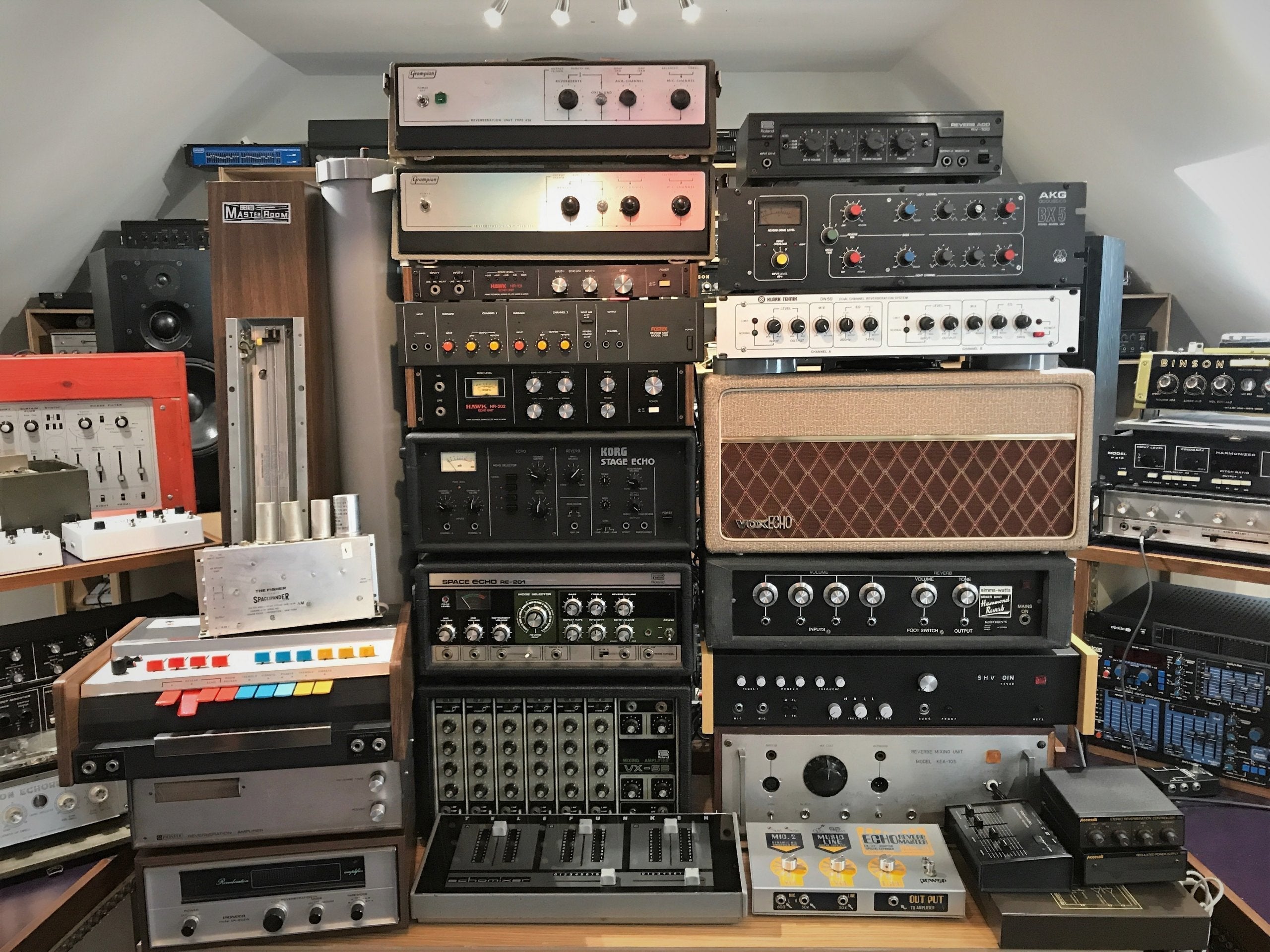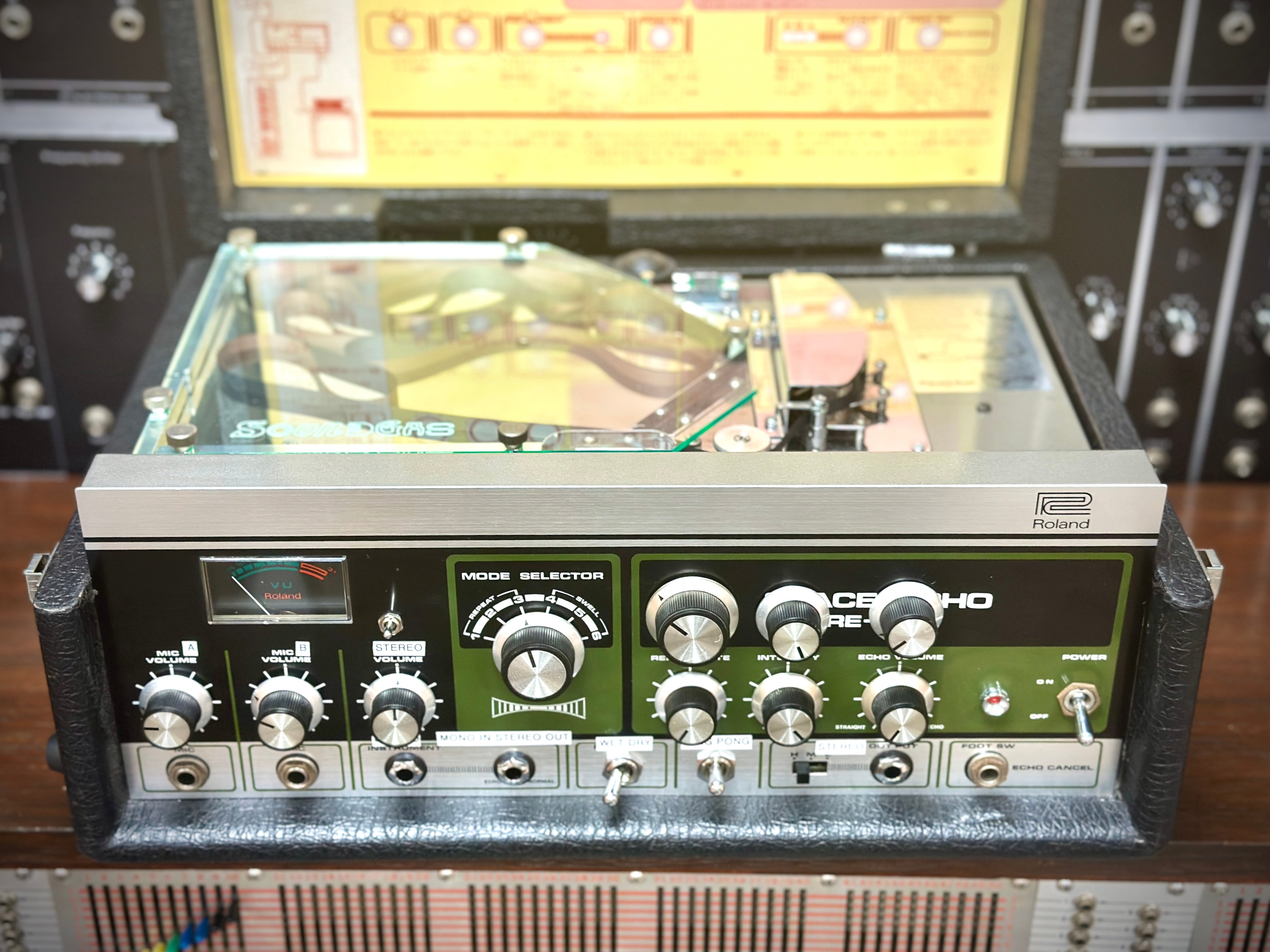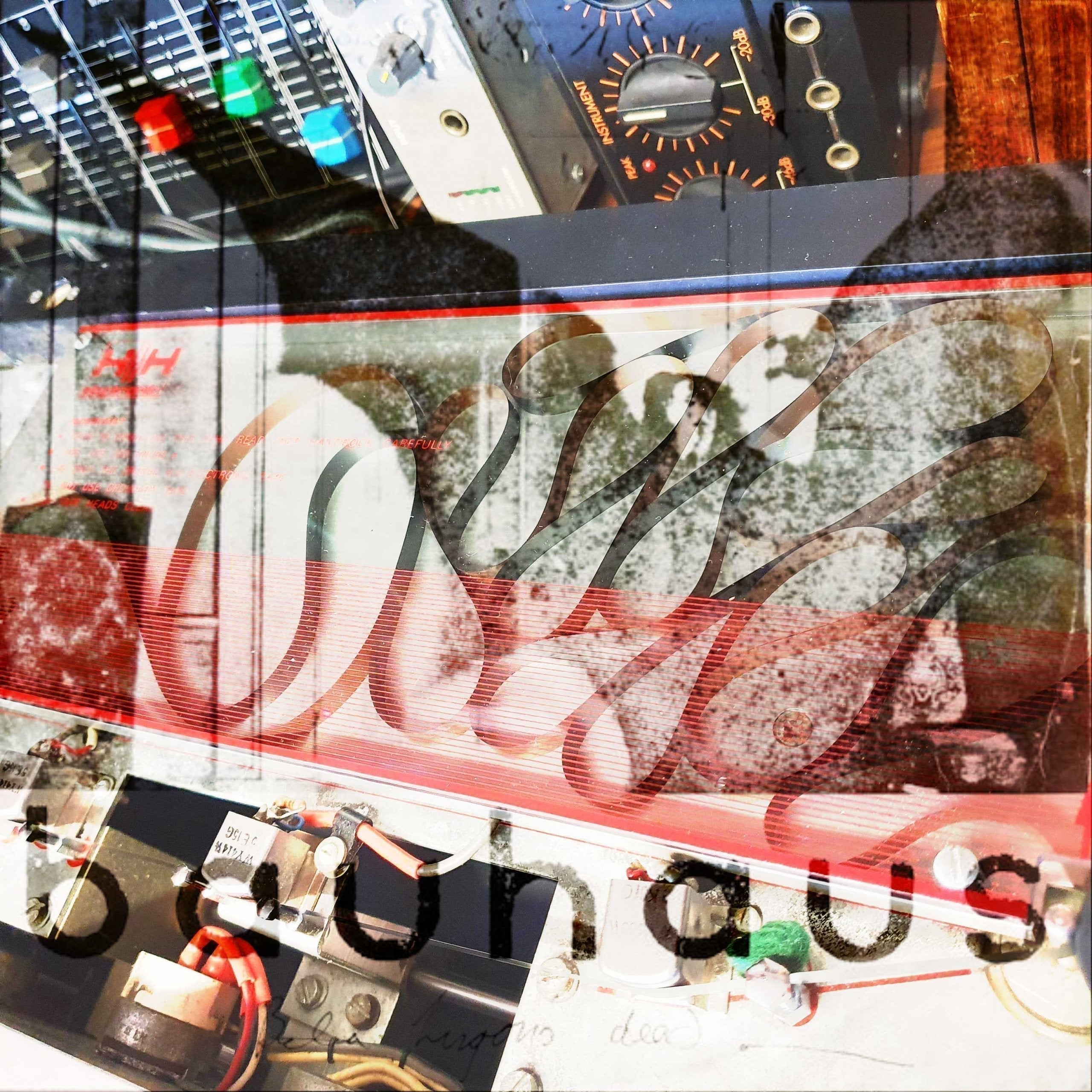
Minimoog - Model D Reissue?
You may be aware (just possibly, although they kept it very quiet) that Moog have recently started manufacturing a very carefully recreated modern version of the iconic Minimoog and named it the Model D. While they have gone to great lengths to recreate the original in modern form (and as authentically as possible), inevitably some have suggested it might have been more appropriate to call it the Model E, differing as it does in several significant aspects from the later incarnations of the original Model D upon which it is based. The more cynical members of the online synth community <surely not? Ed> that this wouldn't have played out as nicely from a marketing perspective, but in fact the original Model D underwent many significant evolutionary developments from its launch in 1970 by RA Moog without changing the model letter (see Lords Of The Mini for more details). Those of us lucky enough to have played and heard a number of vintage Minimoogs know how different they can sound from each other, even when freshly-restored and calibrated. No two are exactly alike, and not just cosmetically; this statement probably more apposite the older the synth - each one a collection of originally imperfectly-matched components that are continually changing spec over time as they age. They have character and idiosyncrasies that suggest personality - that they are instruments rather than machines. It was when we acquired a Musonics-era Model D that had been fitted with a later oscillator board, that I became convinced beyond any doubt that the Minimoogs we should concentrate on at Soundgas were the earlier models with original oscillator boards. It had been fully-serviced by James Walker at Synth Repair Services yet was still lacking the weight and warmth of the other Minis we had in at the time. As James put it, "it just doesn't really sound like a Mini". We fitted an earlier oscillator board and the synth came to life - full, rich and unmistakably Minimoog. We've been impressed by what we've seen and heard so far about the new model D and are delighted that Moog are producing their new version of this iconic synth - doubtless it is a worthy successor to the name and will be a great success. Meanwhile... for those of us who want to own an original, mid-seventies, early-oscillator Minimoog then this will be fully serviced and restored within the next week or so. Please get in touch for more information. It appears to be as original and factory fresh - an example of a 1973 Minimoog as you could hope to find. It's in staggering condition with no significant cosmetic issues at all. The story is that the original owner bought it having left the navy in the early 70s, played it at home for a brief period of time and then put it away before passing away some years ago. It was discovered recently in the loft of his house, required some cleaning, but was essentially unmarked and as-new. We shipped it over from the USA and are now attending to the servicing of the electronics and key bed. When this 1973 Minimoog landed in the office, I took one look and figured it'd been re-housed in a brand new case. Even though the case looked totally-correct, I was somewhat deflated as I much prefer to see an old synth like this housed in its original case. Like antique furniture, there's a patina that comes with age, and even when they've been banged about and beaten up on tour, we can improve the appearance of the woodwork while retaining the character of a well-travelled instrument. Further investigation suggested that this synth hadn't recently been overhauled: from an electronic perspective, it's behaving exactly as I'd expect from an early Mini that's not seen any tech attention. There are few cosmetic points that have left me slightly perplexed for a synth from this era. The pitch/mod wheels are rounded on the edges and made from a hard compound, unlike the opaque white ones we usually see and everything looks so new - the case looks factory-fresh. So there is an air of mystery about this synth which will be dispelled once James has opened it up and given us his verdict but given the back story, this could well be the cleanest example of an original early seventies Minimoog Model D we are ever likely to see. See the pre-liminary listing and more photos ========== Tony Miln is the co-founder (& Head Gear Head) of Soundgas. See/hear him in action on Instagram.







